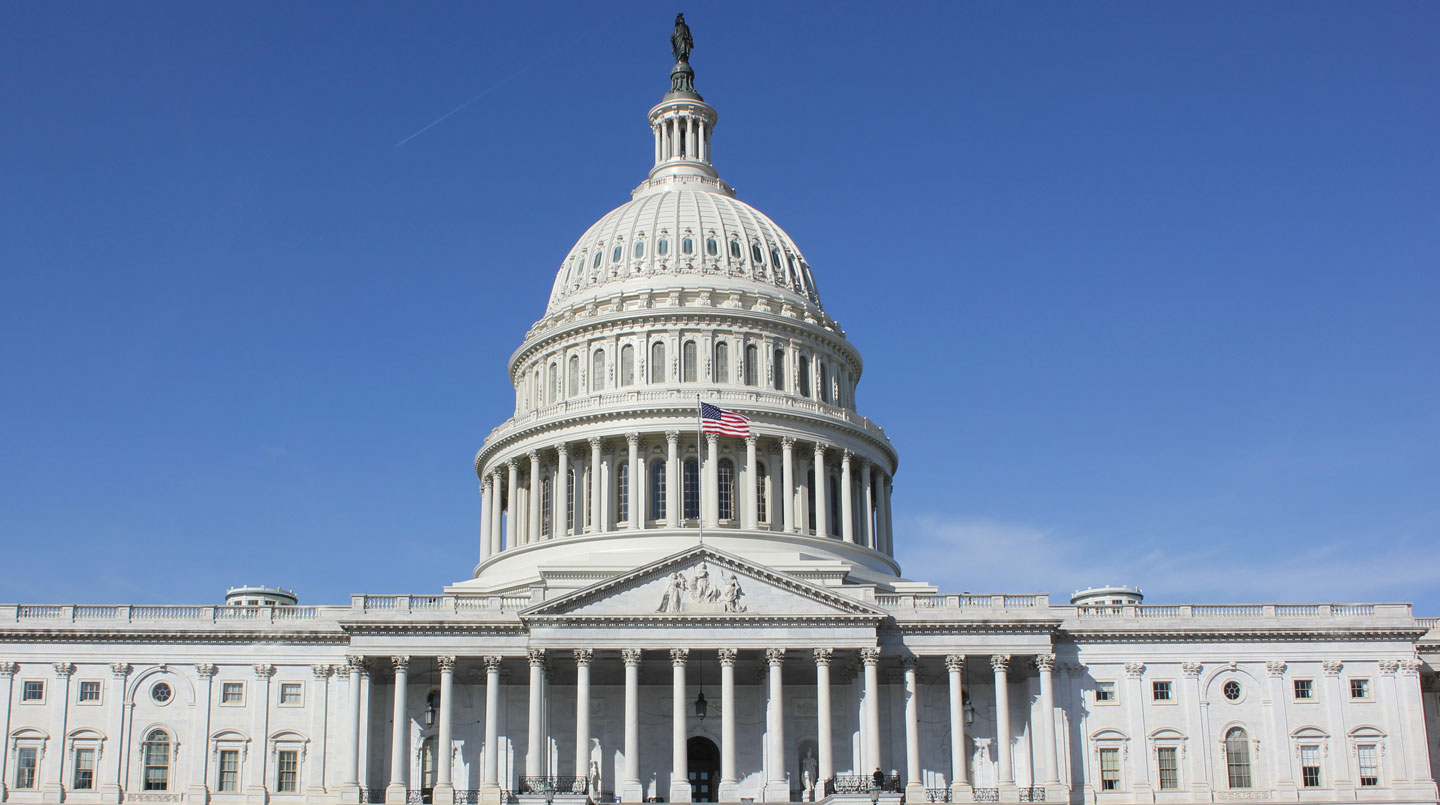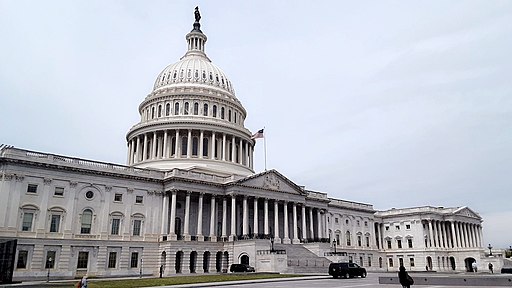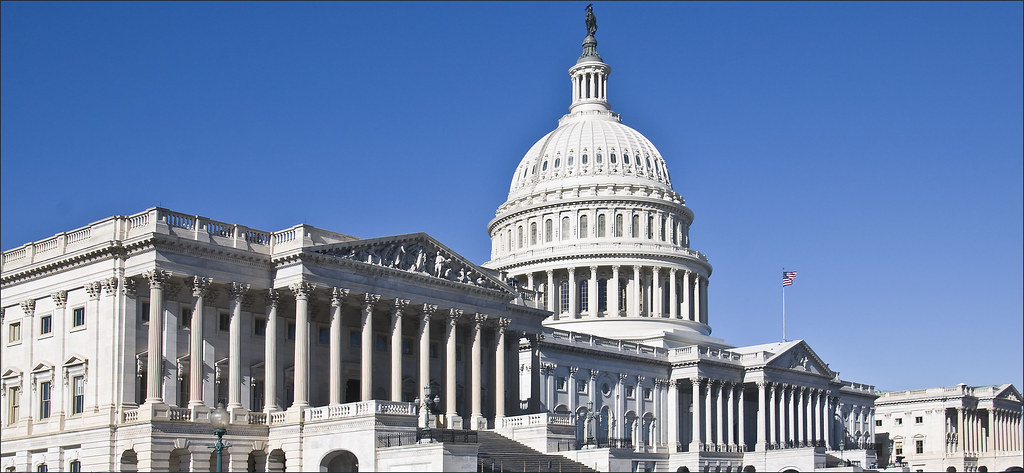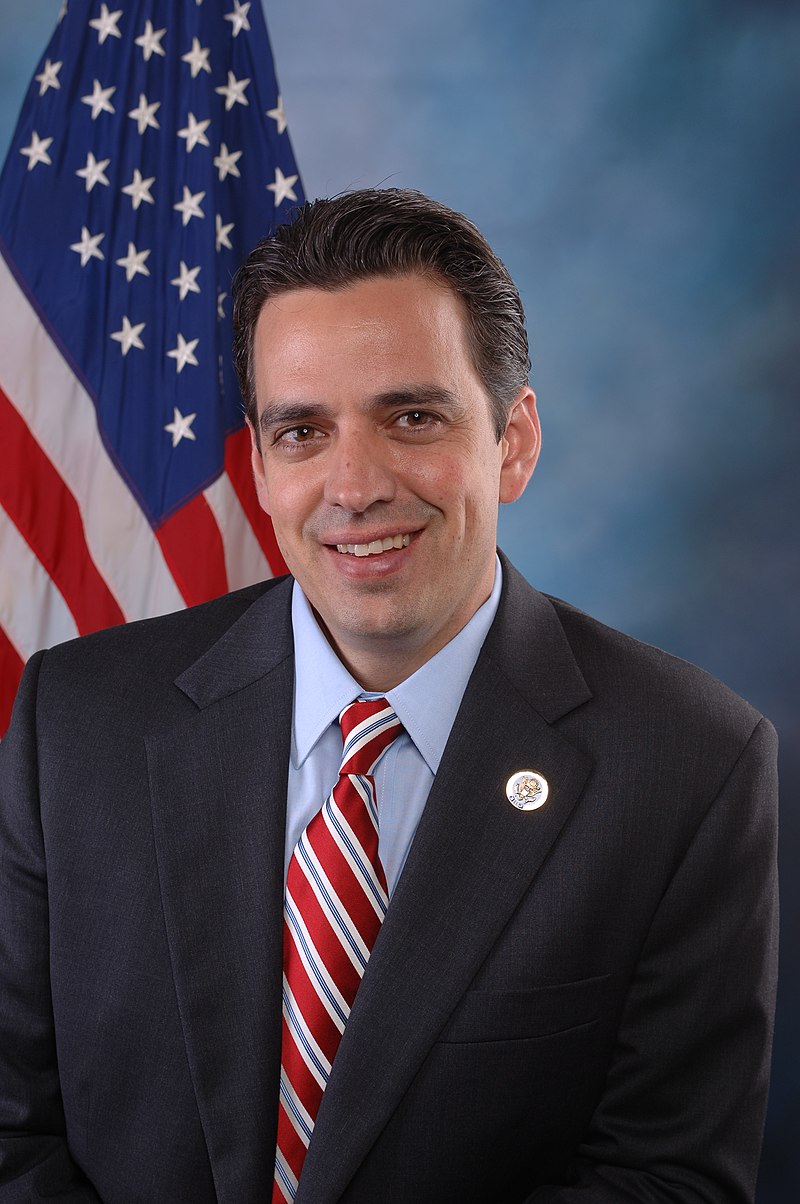Tag: House
-
Davis defeated Collins in Illinois’ 7th Congressional District on June 28, 2022

Incumbent Danny K. Davis, Kina Collins, and Denarvis Mendenhall ran in the Democratic primary for Illinois’ 7th Congressional District on June 28, 2022. Davis, who has represented the district in Congress since 1997, won the primary with 52.3% of the vote. Collins received 45.3% of the vote, and Mendenhall received 2.4%. Davis focused his campaign…
-
Krishnamoorthi defeats Democratic primary challenger in Illinois’ 8th Congressional District

Incumbent U.S. Rep. Raja Krishnamoorthi defeated Junaid Ahmed in the Democratic primary for Illinois’ 8th Congressional District on June 28, 2022. According to unofficial results, Krishnamoorthi received 71% of the vote to Ahmed’s 29%. Krishnamoorthi was first elected to represent the 8th District in 2016. Before entering office, Krishnamoorthi was a partner at the law…
-
Running in a new district, Rep. Rashida Tlaib (D-Mich) faces three primary challengers

Rashida Tlaib, Kelly Garrett, Shanelle Jackson, and Janice Winfrey are running in the Democratic primary for Michigan’s 12th Congressional District on August 2, 2022. Tlaib, the representative for Michigan’s 13th Congressional District, is running in the 12th District due to redistricting. U.S. Rep. Debbie Dingell (D), the district’s current representative, is running in the 6th…
-
Delia Ramirez wins IL-03 Democratic primary

Delia Ramirez won the Democratic primary for Illinois’ 3rd Congressional District on June 28, 2022. Four candidates ran. Ramirez had 66% of the vote to Gil Villegas’ 24%. According to ABC Chicago, the district was redrawn after the 2020 census “specifically to provide a Latino plurality district.” Rep. Marie Newman (D), the old 3rd District’s…
-
Eight candidates are running in Republican primary for North Carolina’s 11th Congressional District

Eight candidates are running in the Republican primary election for North Carolina’s 11th Congressional District on May 17, 2022. If no candidate receives more than 30 percent of the vote in the primary election, a runoff between the top two finishers will take place on July 26, 2022. The general election will take place on…
-
Rep. Tom Graves leaves Congress October 4

Georgia Rep. Tom Graves (R) resigned from Congress effective Sunday, Oct. 4. He announced his resignation on Sept. 11. Graves had previously announced on Dec. 5, 2019, that he would not seek re-election in 2020. Graves issued the following statement via Twitter on Oct. 2: “Today I sent letters to Gov. Kemp & House officials…
-
Presidents lose an average of 81 same-party members of the U.S. House during their first term

On average, presidents from Lyndon Johnson (D) through Donald Trump (R) took office with 241 members of the same political party serving in the U.S. House. An average of 81 same-party members did not run for re-election at the time of the next presidential election, creating an average U.S. House member attrition rate of 33.4…
-
3,019 major party candidates filed for 2020 Congress elections

As of June 29, 3,019 major party candidates have filed to run for the Senate and House of Representatives in 2020. So far, 461 candidates are filed with the Federal Election Commission (FEC) to run for U.S. Senate. Of those, 369—187 Democrats and 182 Republicans—are from one of the two major political parties. In 2018,…

